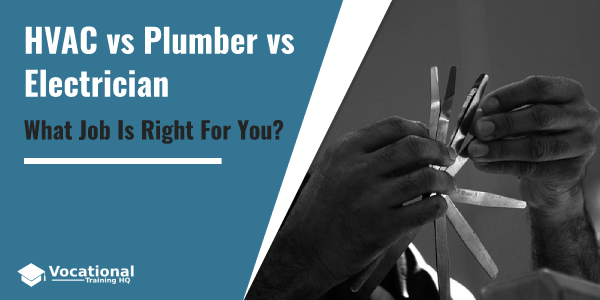
The jobs of a plumber, an electrician, and an HVAC technician have lots in common so it can be really confusing when you need to make your final choice.
Essentially, there is a question about which one is a better option.
To answer this question, it is important to consider such aspects as salaries, career advancement opportunities, job satisfaction, and the possibility to keep valance between your work and personal life.
In fact, if you have good training and required working experience, an HVAC tech can provide you with some incredible opportunities.
Just keep in mind that you need to have an excellent understanding of such aspects as licensing, duties, working environment, and earning potential when you make your final decision.
In this article, you can find info about all mentioned careers including all aspects that may influence your decision.
You need to know that it is not the only salary that may influence your decision.
Article Table of Contents
- 1 Preparation and Licensing
- 2 Overlapping Duties
- 3 Working Environment
- 4 Earnings Potential and Job Growth
- 5 Our Verdict
- 6 Conclusion
- 7 Frequently Asked Questions
- 7.1 Is it better to be an electrician or HVAC tech?
- 7.2 What pays more - HVAC or plumbing?
- 7.3 What is the hardest trade?
- 7.4 Do HVAC techs make good money?
- 7.5 Is it difficult to become an HVAC tech?
- 7.6 Is it difficult to become a plumber?
- 7.7 Is it difficult to become an electrician?
- 7.8 Is electrician a stressful job?
Preparation and Licensing
You need to have a license if you want to enroll in one of the mentioned above jobs.
Also, you are obliged to enroll in an apprenticeship in order to get the required experience.
The point is that each exam for each specialty requires a certain set of subjects.
It is a very important issue when it comes to gaining the expertise required for a certain career.
Areas of Study
Electricians need to focus on those subjects that are related to electrical practices and concepts such as:
- Electrical concepts;
- Residential and commercial wiring;
- Reading blueprints;
- Connecting circuits;
- Installing fuse boxes.
As a plumber, you need to focus on such subjects as:
- Water, air, and steam concepts;
- Plumbing codes;
- Installing and testing plumbing;
- Drain and waste systems.
HVAC technicians study a variety of subjects that overlap with those studied by plumbers and electricians:
- Electrical concepts;
- Air conditioning;
- Heating;
- Duct systems;
- Reading blueprints;
- Soldering, Welding, and sheet metal fabrication.
Length of Coursework & Apprenticeship
You need about a year to get your certification in one of those three professions.
The point is that HVAC can be slightly longer than programs for electricians and plumbers.
The reason is that as an HVAC technician, you need to have knowledge of both plumbing and electrical basics.
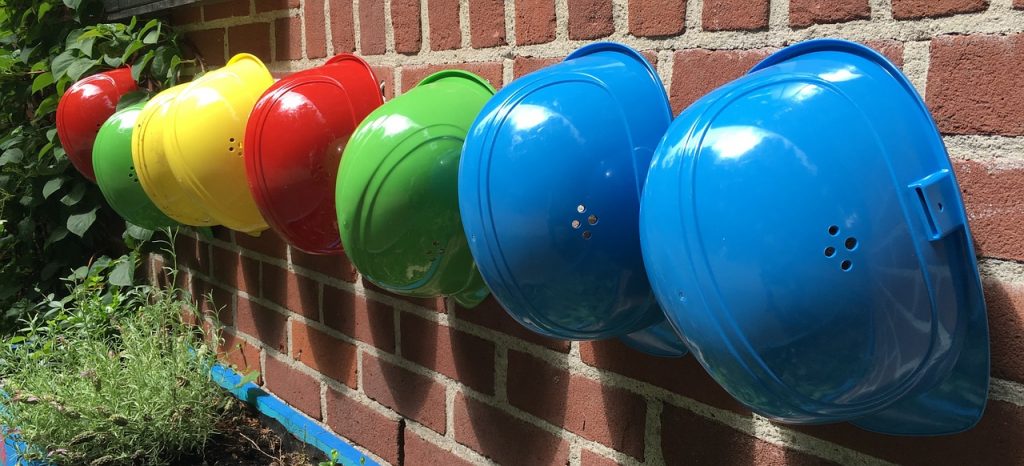
At the same time, HVAC technicians have a shorter time of apprenticeship while as an electrician or a plumber, you need to complete about 5 years of apprenticeship.
The length of your HVAC apprenticeship significantly depends on your location as each state has its own requirements.
In some states, you are obliged to be an apprentice if you want to get your state.
When it comes to plumbing, it can be pretty hard to find apprenticeship options.
At the same time, electricians and HVAC technicians can find a whole variety of apprenticeship options.
You need to know that your possibilities to find some apprenticeship depend on your location and the professional connections you have.
Certification and Licensing
Usually, state-level licensing is required for all these careers.
As an HVAC technician, you also need to complete a mandatory exam in order to get the EPA certificate.
This certificate gives you an opportunity to work with refrigerants and purchase them.
Speaking of the number of regulations, electricians are obliged to meet the most amount of requirements and regulations.
As for HVAC technicians, in some areas, they can perform certain electrical work while in other areas they need to have an appropriate license or a qualified electrician.
All these careers have standard levels that include apprentice, journeyman, and master.
In some states, all three levels are used while in others, there are only two of them.
The master level is often considered equivalent to a contractor level.
On-job Training, Classroom, and Continuous Education Hours
If you want to work as a plumber or an electrician, you need to have 4-5 years of classes and on-the-job training.
As an HVAC technician, you need to have 18 months of classroom education and 2-5 years of working experience.
Just keep in mind that it is general numbers and each state has its own requirements.
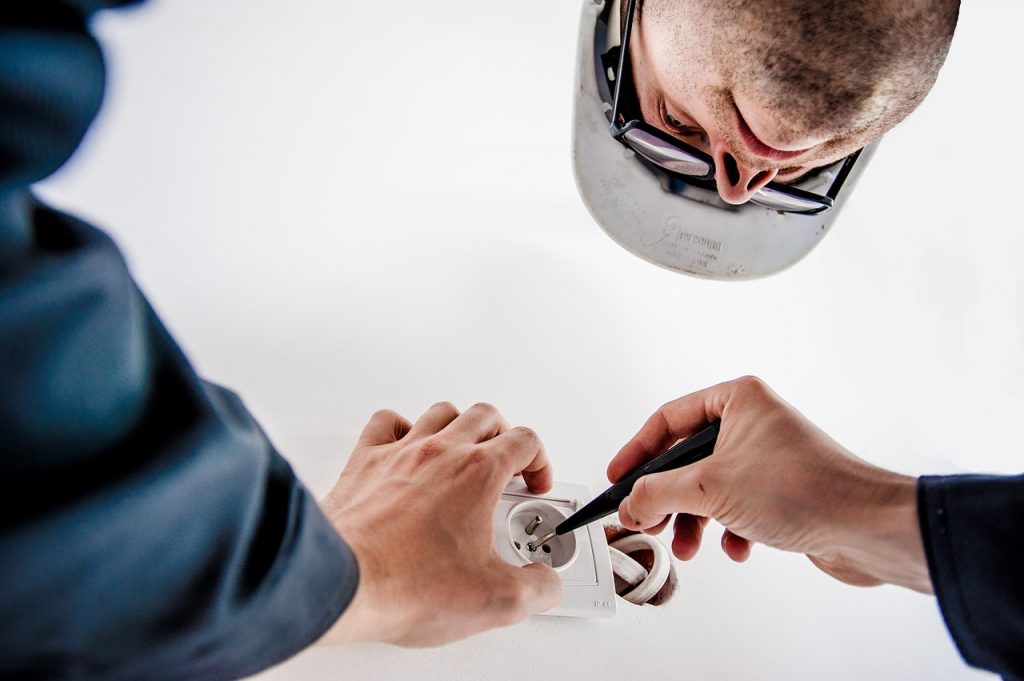
Also, you need to complete some continuing education hours in order to renew your license.
Overlapping Duties
There are a bunch of overlapping duties in all these careers.
It means that you can easily tweak an HVAC career if you have some experience in plumbing and electrical engineering.
Electricians usually perform such tasks as installing new electrical systems or repairing and maintaining electrical systems.
Also, while working for construction companies, electricians are responsible for reading blueprints and installing wiring, circuits, and circuit breakers for new homes.
Plumbers perform such duties as installation, maintenance, and repair of pipes.
Experienced plumbers are also responsible for designing pipe installations for construction projects, homeowners, and utility companies.
Also, they can install and repair water heaters, sinks, toilets, showers, and bathtubs.
Speaking of HVAC technicians, these specialists perform duties that are related to both plumbing and electricity.
They are mainly responsible for the installation and maintenance of systems related to environmental control.
Despite what specific field you’ll choose, you need to choose some good business schools.
In such a way, you’ll be able to advance your career and get some management positions.
It is a great option for those who want to become contractors in the future.
Working Environment
Before making your choice, you need to consider some aspects related to your potential working environment.
Plumber’s Work
A plumber career is a great option for people of the enterprising type,
This career provides numerous options for independence.
Plumbers are those specialists who mainly work in the basement that is full of small animals that died.
In fact, this job can be pretty stressful and messy as you can work in various places and see some rather disgusting things.
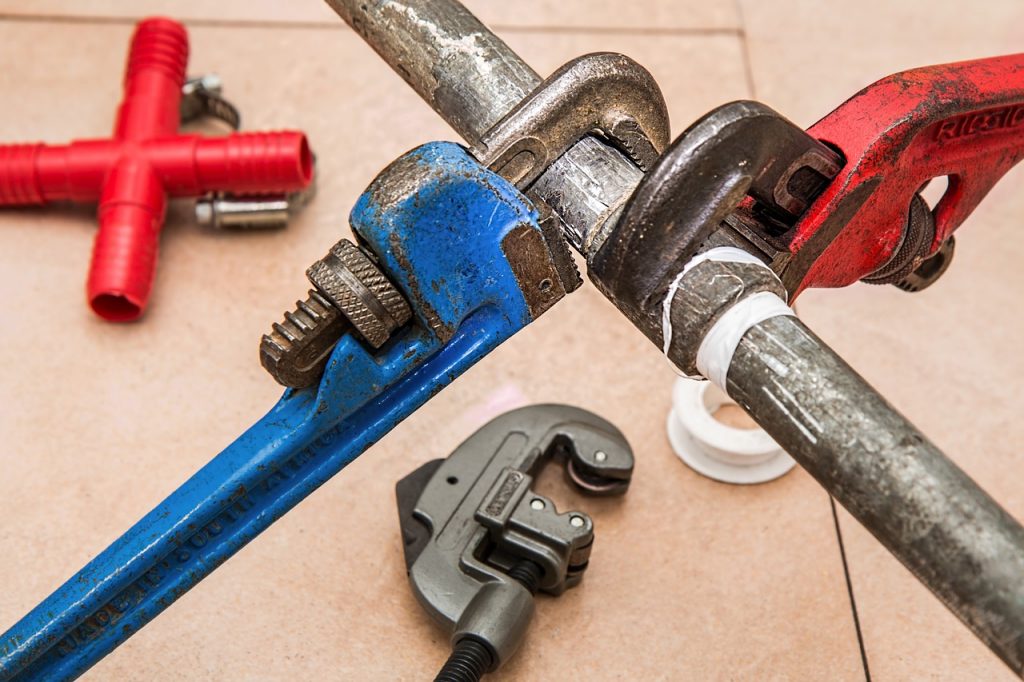
Also, plumbers may be obliged to perform some work in sewages full of greywater.
Of course, it doesn’t mean it is the only work plumbers do.
The more experience you have the better your work and the working environment becomes.
As an experienced plumber, you can choose the type of job you are going to work on which means that you can even work in brand-new buildings.
Electrician’s Work
Only 10% of electricians have their own business and have an opportunity to work independently.
Considering the variety of duties performed by electricians, these specialists are in great demand all over the country.
As a beginner in this field, you are going to perform a variety of difficult tasks.
One other point is that applying for this job you need to be well-organized, neat, and tidy.
They are mainly working in the attic area.
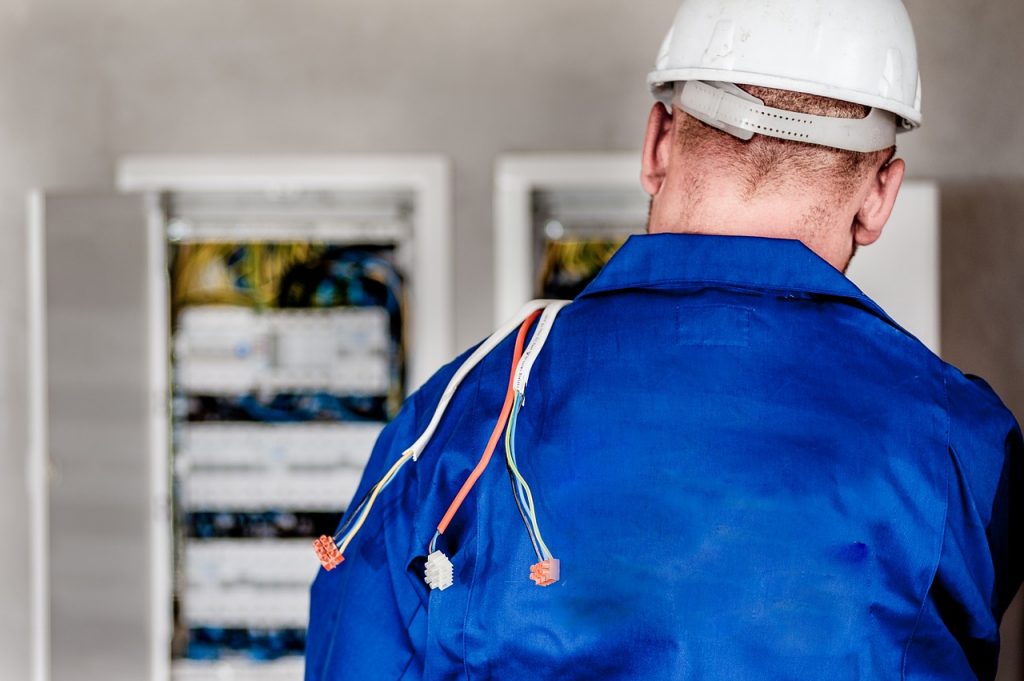
Electricians usually work with clamps, circuits, and wiring.
Considering the fact they work with dangerous voltages, electricians should be very attentive.
One other significant thing is that these specialists need to know how to maintain some systems when the power is on.
Electricians need to have excellent knowledge of the Electrical Code to make sure they perform their duties properly.
While plumbers can do some things in their own way, electricians should follow certain rules and make everything according to standards.
You need to keep in mind that this career means that you need to perform some on-call jobs.
It means that your working day may start early in the morning and finish late at night.
Those specialists who work in the construction sphere have a standard Monday-Friday schedule.
HVAC Technician’s Work
Specialists who’ve worked as plumbers or electricians may want to change their careers and become HVAC technicians.
Also, this sphere is significantly influenced by modern technologies so there are lots of great things to learn and explore.
Lots of HVAC technicians have their own companies while others work for HVAC contractors.
These specialists perform maintenance and repair of HVAC systems in various buildings.
There are specialists that work in one certain building or in a set of buildings such as hospitals or store chains.
You need to know that this work can be somehow seasonal as in summer and winter HVAC technicians have more work to do.
It is an on-call job so you may have some pretty busy days.
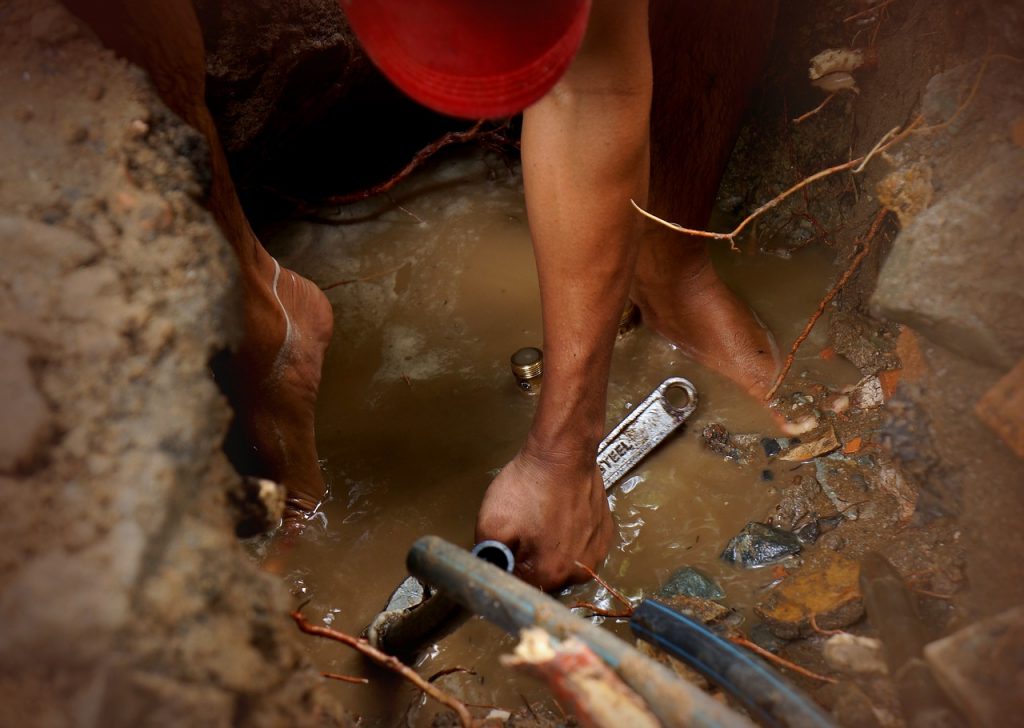
As it was mentioned before, most HVAC technicians have their own business.
It means that they need to manage some staff and deal with numerous issues.
It requires lots of work, time, and stamina, and the environment can be pretty stressful.
HVAC technicians usually fix ducts, and broken circuits at different temperatures.
Earnings Potential and Job Growth
According to the data, all three career options have promising prospects for the future.
HVAC technicians and electricians may expect about 14% growth while plumbers can expect about 11,5% growth.
There are also some significant points you need to take into consideration when choosing your future career.
Average Annual Salary
According to the data, electricians have the highest salary rate which is about $51 000 annually.
As a plumber, you can earn an average salary of about $50 000 per year while HVAC technicians have about $45 000 per year.
Just keep in mind that it is a national median and salaries may vary from one area to another.
Also, it is a type of job that influences your salary.
One other point is that the numbers change all the time because of the growing demand for qualified specialists, especially electricians.
Career Potential in the Job Market
You need to know that electricians are in bigger demand in the USA than plumbers and HVAC technicians.
According to the data, there are about 600,000 electricians in the country and the number of job offers for them will increase by 14% in the near future.
One other point is that plumbers can expect the lowest rate of employment growth in the future.
Also, there are about 250,000 HVAC technicians who are less than electricians and plumbers.
However, they can expect a significant employment rate growth in the future.
Job Satisfaction
Among those three careers mentioned in this article, plumbers tend to lose interest in their jobs earlier than others.
Also, they get disappointed about their salary for the work they do.
Electricians have a higher rate of job satisfaction while HVAC technicians have the highest rate of satisfaction despite having the lowest average salary.
The reason for this situation can be the fact that an hourly payment rate has only a slight difference.
However, considering the changes in the job market, the numbers may change significantly.
Our Verdict
So it’s time to make the final verdict and present our sincere opinion about each career.
Speaking of a career as an electrician, you need to know that it requires some certain specialization.
In other words, you need to choose one certain profession and pursue it so you can develop your skills.
By choosing this career, you can keep your hands neat but still, you’ll be obliged to work with some very dangerous systems and equipment.
Also, this career requires long-lasting training as well as a whole bunch of knowledge.
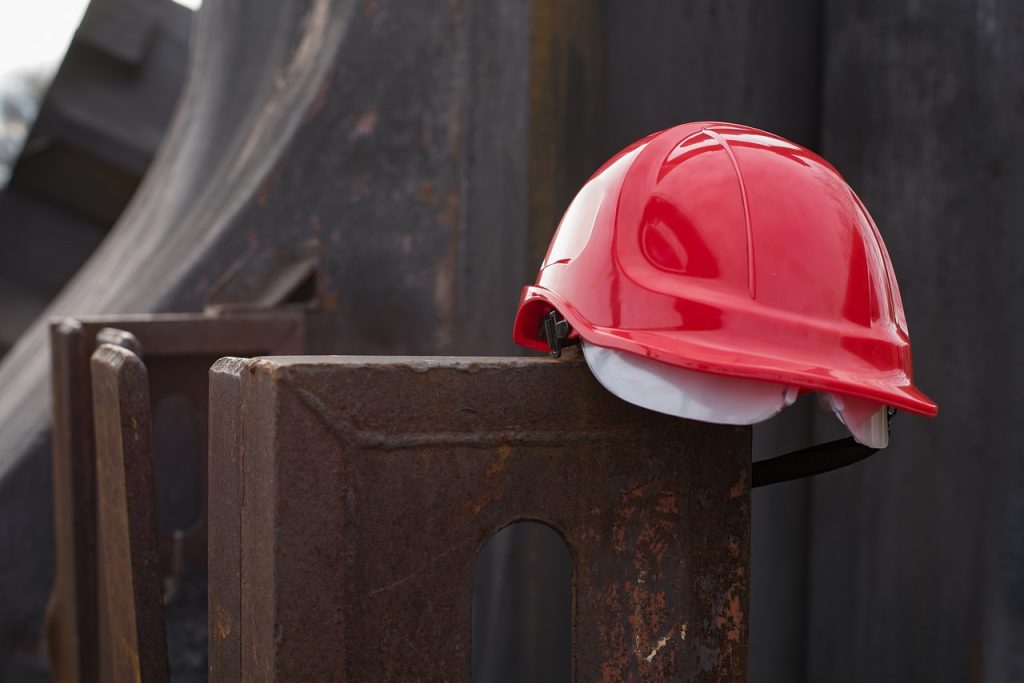
As a plumber, you are going to have a whole bunch of dirty work as well as lots of on-call hours.
Of course, it gives some flexibility that is appreciated by people with an entrepreneurial mindset but it can be really stressful and exhausting.
As for HVAC technicians, they need to complete lots of training and there is always a possibility to have some odd hours.
Also, this career involves lots of working hours when the weather is bad.
However, as an HVAC technician, you can get your license faster than electricians or plumbers, and in some states, it isn’t required at all.
In other words, you need to have some experience if you want to get a good job.
As mentioned before, these careers have lots of overlapping duties and you can enroll in an HVAC career after working as a plumber and an electrician.
Despite HVAC technicians having a lower income rate, as a contractor you can have some really good income while enjoying all the advantages the industry can offer to you.
Conclusion
You need to know that each profession has its own benefits.
When choosing your career, you need to consider your mindset, skills, and expectations.
The point is that qualified and experienced professionals are required in all these spheres.
In fact, these specialists can expect some great career options in the near future.
Frequently Asked Questions
Is it better to be an electrician or HVAC tech?
The jobs of electricians and HVAC techs are about the same as far as how hard they are, but HVAC techs may be in better shape from a job outlook point of view.
HVAC tech jobs are expected to grow by 15 percent in the coming years, while the outlook for electricians is about nine percent.
Electricians make a little more, at $54,000 as opposed to the $47,000 HVAC techs make.
What pays more - HVAC or plumbing?
Plumbers make a little more than HVAC Techs on average.
The national average for plumbers is $55,000, and for HVAC techs it is $48,000.
Some people do both, and the average salary for them is $60,000.
This can vary a lot from state to state and the type of job.
Benefits are about the same for both jobs.
The range is a low of $27,000 and a high of $74,000.
What is the hardest trade?
A carpenter or roofer is the most physically demanding trade while becoming an electrician is the most difficult.
Carpenters must do a lot of lifting and a lot of their work is outside.
The work is physical by nature and can be hard physically.
Electricians must know about electricity and a lot more.
It takes longer to learn and there is a lot more to learn than many trades.
Do HVAC techs make good money?
HVAC techs make a solid income that reflects the part of the country they are in.
The highest-paid are in Alaska, ranging from $51,000 to $69,000.
In the lower 48 states, California leads the way at $50,000 to $67,000.
Some New England states and New York were very close to that.
HVAC techs in Arkansas were the lowest paid at $40,000, to $54,000.
Is it difficult to become an HVAC tech?
Becoming an HVAC tech is not necessarily easy, but it is not harder than average for a skilled trade.
If you are mechanically inclined, learning it is not hard.
Going to school and getting a degree can take two to four years, and then you get certified.
If you have two to five years of experience in a training program and can pass the exam you can be certified without formal schooling.
Is it difficult to become a plumber?
Being a plumber is one of the most demanding trades from a work standpoint.
There is a lot to learn in becoming a plumber, but it is a simple process.
Schooling takes about two years, and you have to work as an apprentice for a set amount of time – depending on the state – and then pass an exam to be a certified plumber.
Is it difficult to become an electrician?
Being an electrician is the hardest trade to learn, many experts on jobs agree.
There is a lot to learn about electricity, wiring, and other issues.
You need to have math and science skills and there is some detail in the learning process.
Trade school takes about two years and some experience as an apprentice is required before you take the exam to get certified.
Is electrician a stressful job?
Being an electrician is stressful because of the working environment.
In commercial jobs, an electrician could be killed if he makes a mistake or a wrong move.
There are safety measures built in, but there is still danger.
There is also a danger to the people who will be using what the electrician has done.
Residential electrician work is not as dangerous and not as stressful.
Read the full guide: How to Become an Electrician
Electricians have much more to learn, it’s like being a doctor or a nurse, and doctors need way more training.
An HVAC technician has to learn water, gas, and electrical. So how does an electrician have a harder time learning to do their job than an HVAC technician who does that plus a lot more?